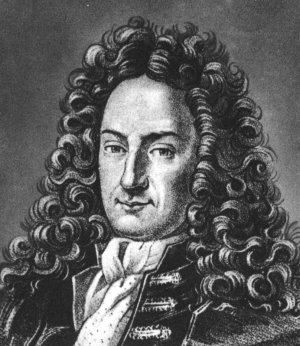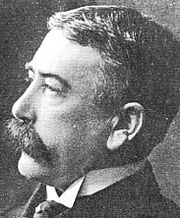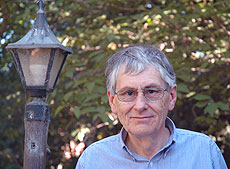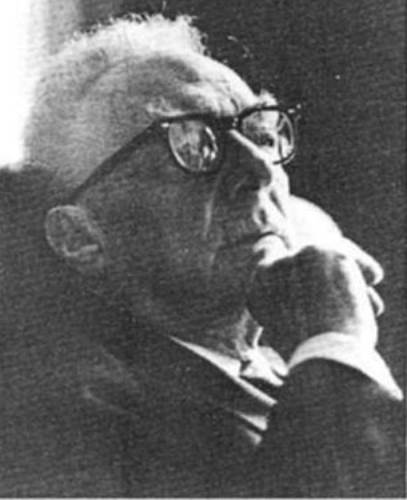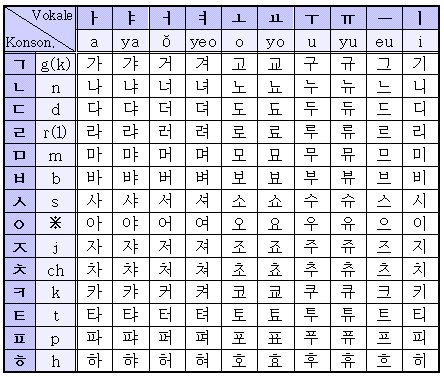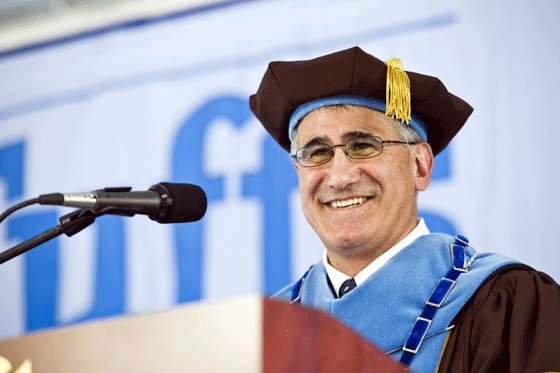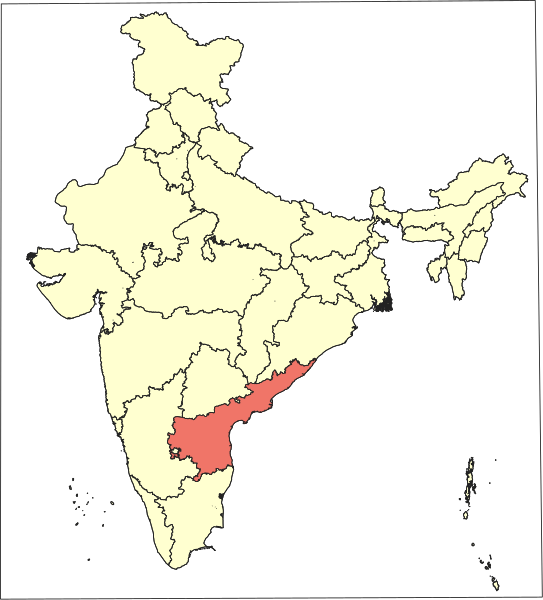 |
| Teilifís na Gaeilge (now TG4) logo |
October 31
This day each year, the Conseil de la langue française must submit a report of its activities during the past year to the French government.
1996: Creation of Teilifís na Gaeilge, a TV channel broadcasting entirely in Irish.

